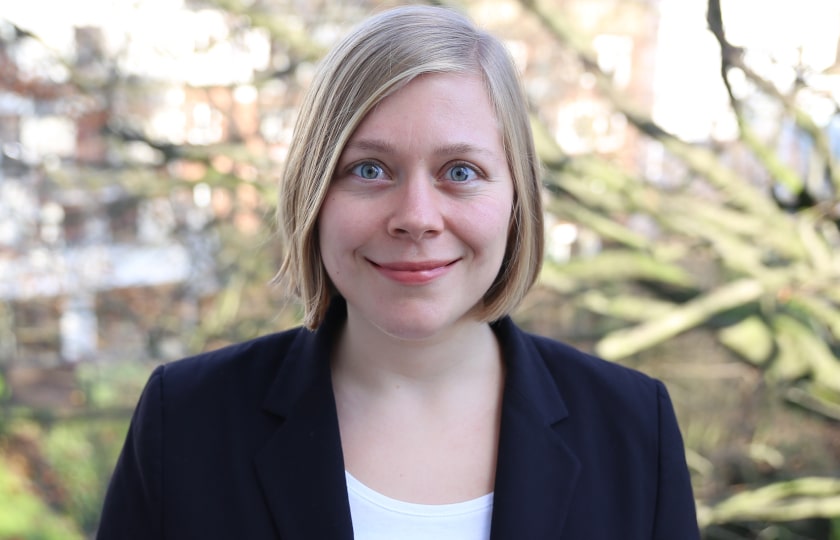In this pilot project in the field of computational social science, we used browser data donations to determine the relevance of the offers from individual search engines and social media in the everyday work of journalists.
In cooperation with the Martin Luther University Halle-Wittenberg, we examined the media use of journalists in this pilot project. We were interested in how exactly people who work as journalists consume content in personalized information environments and what role these information environments play in the overall journalistic repertoire, for example, in media monitoring (keyword: leading media).
Using methods from computational social science, we want to develop and test a methodological approach to automatically capture the amount and type of algorithmically personalized information offers in a journalistic work process and to validate them in dialogue with journalists.
The fundamental research questions of the project included: Which journalists are willing to donate data under which conditions? What proportion of the total volume of professional online use is accounted for by which personalized information environments? And how do journalists reflect on and justify the relevance of these information environments in their work? In this project, we supplement the statements of our interview partners with donated browser usage data using the browser plugin WebHistorian. This helps us to counter the difficulty of detailed recall in ubiquitous media environments, as well as the problem of social desirability and professional socialization.
WebHistorian is an open-source project of the American University (Washington). By installing a browser plugin, participants can access their own data from the last 90 days of their browser history (URLs and time stamps) in a simple and graphical way on their own devices. They can individually “clean” this information before passing it on to an HBI server.
Image: Maxwell Nelson / Unsplash













